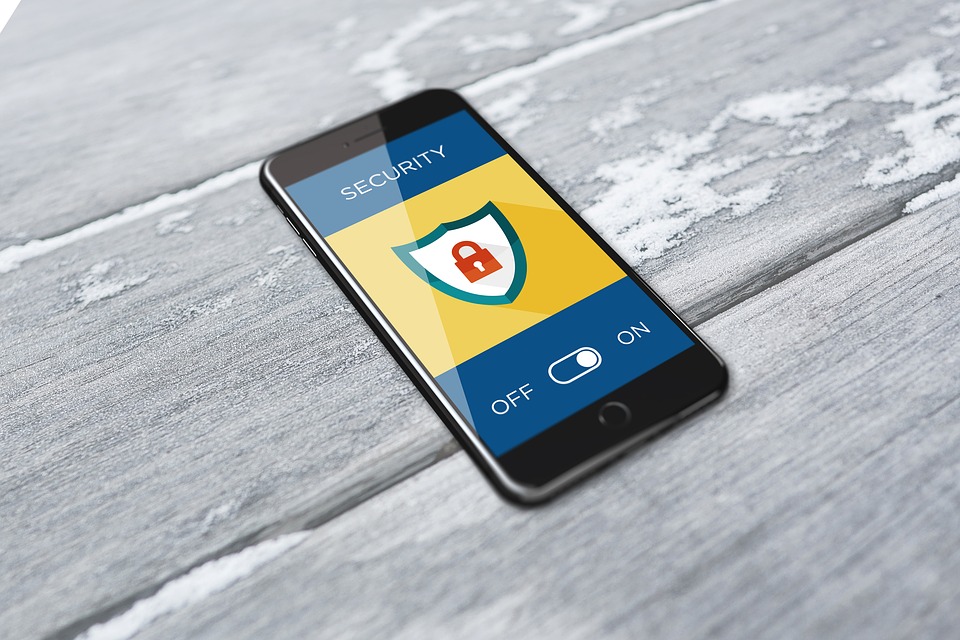Digital Security refers to many techniques for securing the internet account and other files from outside intrusions. There are various levels of Digital Security, beginning with the ‘weakest channel of defense,’ i.e., the first line of defense against hacking. This includes adding a firewall, performing anti-virus and anti-spam programs on your PC, and creating a robust anti-spyware program. The higher the security of your computer, the better off you’ll be.
The importance of Digital Security goes way beyond protecting personal information. Today’s corporate world is mostly online. Most large financial institutions, governmental agencies, and corporations store many sensitive and classified corporate and government information on their network servers. In the case of digital data security, the safekeeping of this sensitive information is vital.
In today’s cyber world, hackers and spy-ware writers are constantly attempting to crack the security systems of big companies. They are also trying to infiltrate and exploit individual computers connected to the company’s main network. They can obtain a lot of sensitive information about your company and your customers in the long run. Your company’s digital data security risk profile must be addressed and included in your corporate IT management strategy.
Remote monitoring is one of the most effective cybersecurity tools available for organizations working to protect their data security. It is used when a business needs to check in on employees’ activities even while they are away. With a reliable remote monitoring service, a business owner can monitor activity in real-time and prevent unauthorized access to its systems.
Many businesses hit by cybercriminals are already discovering the cost of not investing in robust electronic security measures. Personal health information like credit card numbers, social security numbers, and passwords are often stolen during fraudulent transactions. Without effective data security protection, cybercriminals will obtain personal information, which could put your and your employees at risk.
An important factor to consider in digital security is online identity theft. Hackers can hack into the databases of large companies and corrupt these files and destroy or hide them. In the past, hackers have used databases of vital personal data to commit insurance frauds, embezzlements, and other financial crimes. While there are measures companies can take to protect themselves against online identity theft, the ultimate solution to cybercrimes is to prevent them in the first place. Companies are investing heavily in robust digital security plans to ensure there are fewer chances of any data breaches and infiltration.










